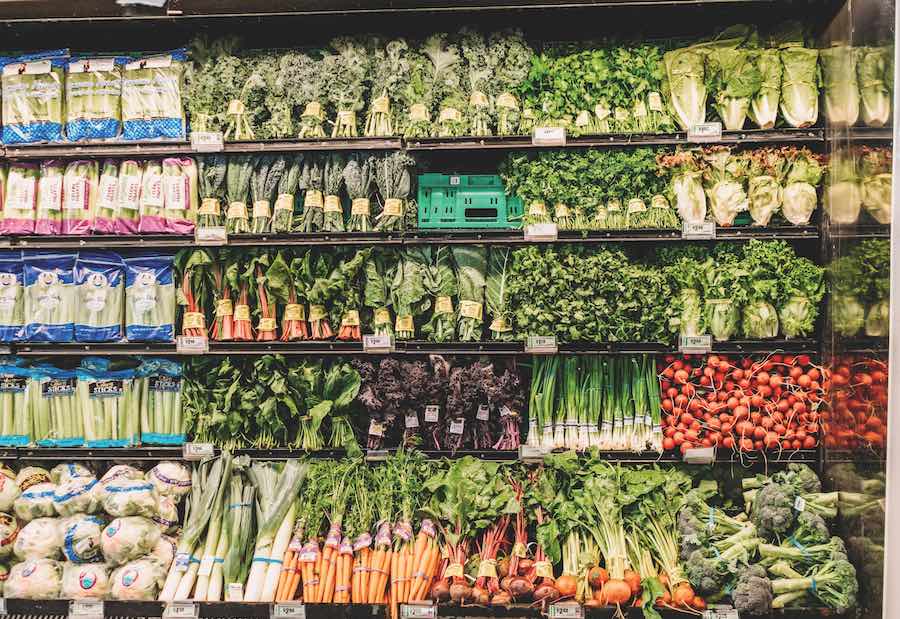Mythologized in the legend of Robin Hood and lyricized in Les Misérables, it’s a debate as old as time: is it ever permissible to steal food? And if so, under what conditions? Now, amid Canada’s affordability crisis, the dilemma has extended beyond theatrical debate and into grocery stores.
Although the idea that theft is wrong is both a legally enshrined and socially accepted norm, the price of groceries can also feel criminally high to some — industry data shows that grocery stores can lose between $2,000 and $5,000 a week on average from theft. According to Statistics Canada, most grocery item price increases surged by double digits between 2021 and 2022. To no one’s surprise, grocery store theft is reportedly on the rise as a result. And if recent coverage of the issue rings true, some Canadians don’t feel bad about shoplifting. But should they?
You may unsubscribe from any of our newsletters at any time.
Kieran Oberman, an associate professor of philosophy at the London School of Economics and Political Science in the United Kingdom, coined the term “re-distributive theft” in his 2012 paper “Is Theft Wrong?” In simplest terms, redistributive theft is based on the idea that people with too little could ethically take from those who have too much.
“Everybody, when they think about it, accepts that theft is sometimes permissible if you make the case extreme enough,” Oberman tells me over Zoom. “The question is, when exactly is it permissible?”
Almost no one, Oberman argues, believes the current distribution of wealth across the world is just. We have an inkling that theft is bad, but that inequality is too. As more and more Canadians feel the pinch of inflation, grocery store heirs accumulate riches — Loblaw chair and president Galen Weston, for instance, received a 55 percent boost in compensation in 2022, taking in around $8.4 million for the year. Should someone struggling with rising prices feel guilty when they, say, “forget” to scan a bundle of zucchini?
“When the cost of food, for instance, or heating go up, and people are desperate for even the most basic of resources, then you get a larger number of people falling into this category…where they can justify theft on this very common intuition that theft is justified in extreme situations,” Oberman says.
Whether corporate greed can be viewed as a form of theft is also a topic of debate. In 2018, supermarket giant Loblaws was found guilty of wage theft after refusing to pay workers legally allotted overtime hours. Last November, Loblaw Companies Ltd. raked in a 30 percent increase in its third quarter compared to the same period in 2021.
More on Broadview:
- The true cost of food: High grocery prices are not the root issue
- How one community leader is fighting for food security in Newfoundland and Labrador
- Food banks should not exist
“If you think that a just society is a more equal one, then greater inequality means greater injustice,” Oberman says. “Therefore, we get further away from a just distribution of property, which means that the case for redistributive theft becomes stronger.”
There are, however, stipulations. Stealing from a mom-and-pop corner store can have vastly different implications than cheating the self-checkout machine at Walmart. “Redistributive theft is not redistributive theft if the people who end up being harmed by it are people who are badly off [themselves],” Oberman says.
For such reasons, Oberman thinks the answer may not be entirely clear — and that might be a good thing. Grocery store theft, like many ethical debates, exists in a moral grey area; it’s neither right nor completely wrong, but certainly worth rethinking. As corporate profits soar and the wealth divide grows, one might wonder: who is really being stolen from?
***
Cierra Bettens is a freelance writer and editor in Winnipeg.
This article first appeared in Broadview’s September 2023 issue with the title “Self-Checkout Woes.”















How is theft a grey area?
You are not stealing from the grocery store, you’re stealing from all of us. Loses increase prices to retain profitability, which explains the existence of a service.
There are many ways to obtain food, usually at no cost. If you are choosy then I would address your priorities.
It’s wonderful